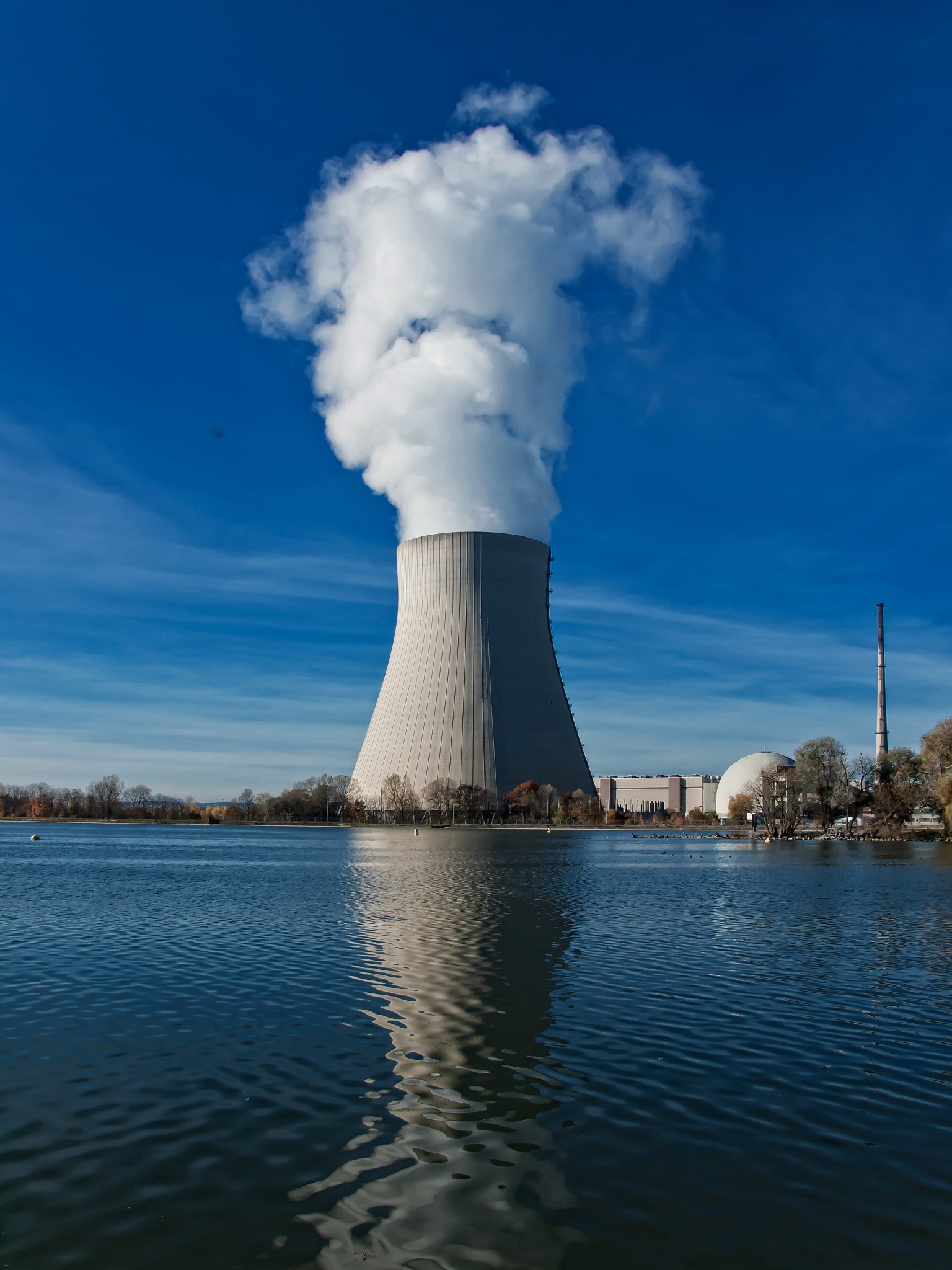 The nuclear power plant ISAR 2, photo courtesy of Bjoern Schwarz/Flickr
The nuclear power plant ISAR 2, photo courtesy of Bjoern Schwarz/Flickr
How Nuclear Energy Can Help Germany
Nuclear energy politics in Europe have seen two major events recently. Firstly, Poland announced its intention to cooperate with the U.S. firm Westinghouse to build the country’s first nuclear power plant. Secondly, journalists discovered that the German federal ministers for climate and the economy deliberately influenced government analysis on nuclear power plants to try and ensure they would go offline as soon as possible. The ministers ignored dissenting voices, formulated their official opinions without information from power plant operators, and downplayed information that would have weakened their case. In the context of Russia’s invasion of Ukraine, these divergent approaches to nuclear energy highlight how problematic German energy policy is in a time when countries are reducing their dependence on Russian imports and combatting a major energy crisis.
Historically, Poland has been heavily reliant on coal, and therefore one of the least climate-friendly EU states. While Warsaw has often shown reluctance to adopt the EU’s climate policies due to this coal dependency, Poland has maintained its support for climate goals in general. Poland has also been among the states most focused on reducing energy ties to Russia. These two issues come together in Poland’s decision to move forward on the construction of the country’s first nuclear plant, which will both contribute towards its climate goals and create an energy source independent from Russia. This decision is guided by pragmatism and the desire to develop advanced and reliable energy infrastructure, which is a crucial issue for both security and the environment.
In contrast to Poland, German debate over nuclear policy is revealing itself to be driven less by rational analysis and more by rigid ideological commitment. The German Green Party, which controls both the economics and environment ministries, stems from the anti-nuclear movement, and vehemently opposes nuclear energy. The Greens have fought bitterly to minimize the use of nuclear energy this winter and to ensure that the nuclear plants go offline on schedule with Germany’s planned nuclear exit. This is despite the European Union’s (EU) classification of nuclear energy as sustainable. Moreover, the Greens’ opposition to nuclear has resulted in a de facto willingness to increase and prolong usage of coal-burning power plants. Russia is also a major exporter of coal, therefore benefiting from high global prices driven by increased demand. Although Russia has to offer its coal at a heavy discount, high global prices make Russian coal exports more attractive and determine how much Russia makes after discounts.
This is not to say that German energy policy is universally flawed and untenable. Indeed, Germany has a very strong record on renewable energy. Renewables accounted for almost 40% of electricity production in 2021. While laudable, renewables cannot be expanded sufficiently and rapidly enough to meet imminent needs. Additionally, although German gas reserves are almost full, they aren’t designed to support the country for an entire cold season without replenishment. Furthermore, the elimination of nuclear power means more gas will be needed for generating electricity, further straining gas supplies. In a scenario featuring high consumption and below average temperatures, the reserves could run dry before February. Even a normal winter with average gas consumption would empty reserves by April. Both scenarios also assume that imports continue in line with recent months. There was also already evidence in March that keeping nuclear power could help lower energy prices. Thus, attempts to take energy infrastructure offline, especially nuclear reactors, in the middle of an acute energy crisis are irresponsible.
This problem won’t go away soon. Cheap Russian gas has been a major part of Germany’s energy mix for decades. In 2021, gas accounted for almost 27% of Germany’s total energy consumption, and 55% of that gas was Russian. Reorienting away from Russia will take time, and nuclear could be a valuable tool for any transition. As it stands now, Germany’s last three nuclear plants will be allowed to run until April 2023 and will then shut down. This approach ignores long-term planning and flexibility considerations, exposing Germany to renewed energy crises or incentives to recommit to Russian fossil fuels in the future.
German energy policy needs a drastic rethink, one that should preferably include nuclear energy. Currently, the German nuclear debate revolves around political platforms instead of an honest cost-benefit analysis. Moreover, the German energy debate should serve as a warning to countries trying to balance politics, security, and climate. These debates need to be guided by strategic considerations, even while factoring in domestic politics. While nuclear is by no means perfect, it is both a good choice for low-carbon energy and far preferable to continued dependence on fossil fuels like coal and gas, something that Poland and the EU have clearly recognized, and that Germany needs to open its eyes to.
Image license under creative commons





